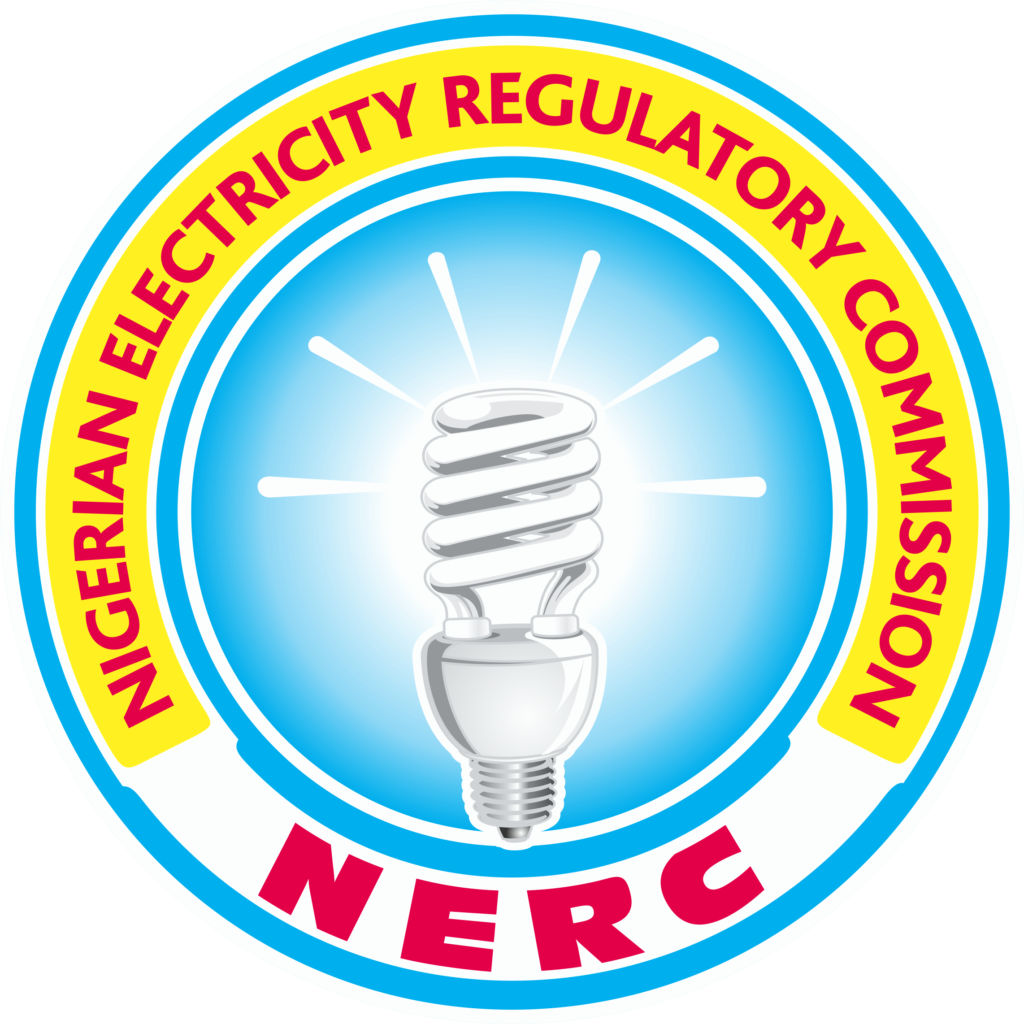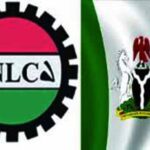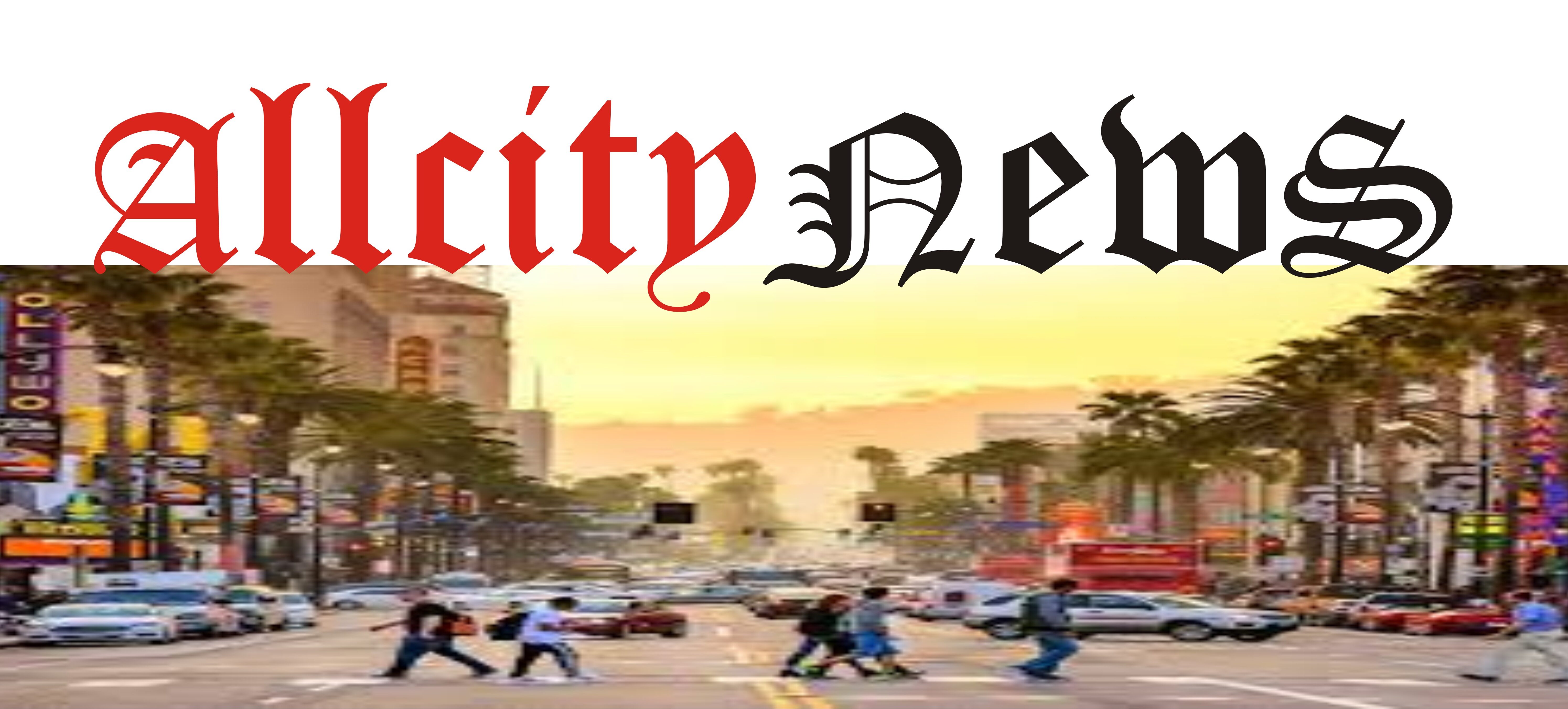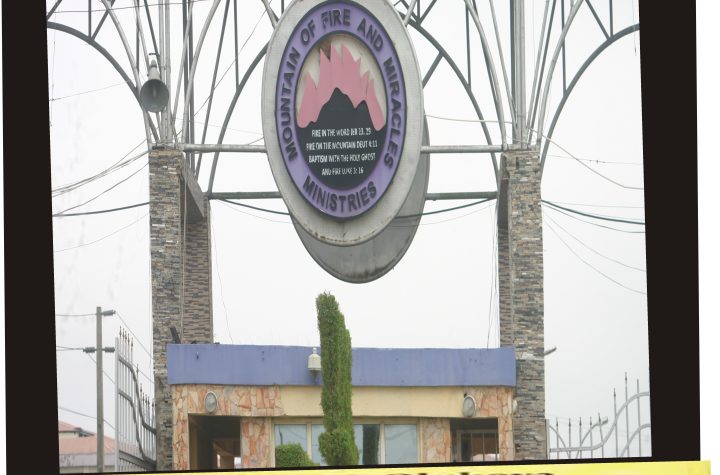
From National Business
Due to default payment by customers, the total revenue collected by all distribution companies (DisCos)in 2021/Q4 was N210.17billion out of N303.11billion billed to customers.
This was disclosed by the Nigerian Electricity Regulatory Commission (NERC) in its 2021/Q4 report,
released on September 22, showing
that the quarter had a collection efficiency of 69.34%.
Total billing by DisCos to customers in 2021/Q4 increased by N30.12
billion (+11.03%) from N273.00 billion recorded in 2021/Q3. Revenue
collected by DisCos in 2020/Q4 rose
by N16.64 billion (+8.60%) from
N193.53billion recorded in 2021/Q3
this indicates a further reduction in
collection efficiency in 2021/Q4 relative to 2021/Q3.
According to NERC, the total
energy received by all distribution
companies (DisCos) in 2021/Q4 was
7,912.05GWh, while the total energy
billed was 6,057.78GWh. Billing effi-
ciency was76.56%. The total energy billed to end-users increased by 471.76GWh, an 8.45% increase from 5,586.02GWh billed in 2021/Q3.
The NERC report says that in
2021/Q4, Port Harcourt had an
improved billing efficiency of 81.11%
(+5.16percentagepoints),whileYola
recorded 51.14% (+4.03pp) and Jos
recordedabillingefficiencyof75.25%
(+3.47pp). On the other hand, Abuja DisCo recorded a decrease in billing efficiency of 64.62% (-4.13pp) and Enugu DisCo showed a decrease as well of 68.64% (-4.71pp).
The NERC report explains that
DisCos are unable to identify who consumes all their energy due to poor customer enumeration and low metering. The report says that billing efficiency combines technical and commercial efficiencies.
For instance, a 70% billing effi-
ciency means that for every N10.00
worth of electricity delivered to con-
sumers by a DisCo over a given
period,theDisCoisonly able toissue
bills to cover N7.00 worth of energy,
with N3.00 worth of energy remain-
ing unbilled due to reasons ranging
from energy theft, poor distribution
infrastructure and inadequate cus-
tomerenumeration.
Customer enumeration in this regard means that all potential power users in Nigeria, are contacted by their respective DisCos and asked about their future plans of purchasing power. Then, the quantities indicated by the customers are added together to obtain the probable demand for power. In 2019, NERC ordered all DisCos to carry out customer enumeration, however, the exercise failed to meet its objectives.
In addition to the Meter Asset Pro-
viders (MAPs) and the National Mass
Metering (NMMP) programs, NERC
has also approved and is monitoring
the implementation of three further
frame works for meter financing.
Vendor Finance: A mutual agreement between a DisCo and a Local
Meter Manufacturer/Assembler
(LMMA) or Meter Asset Provider
(MAP) on a deferred payment
arrangement where the base cost of
meters shall not exceed the regulated
price approved by the Commission.
Where the cost of financing exceeds
the rate approved by CBN, the
approval of the Commission will be
obtained before the execution of the
agreement.
Self-funded by DisCo: This involves procurement of meters from
other sources outside the MAP and
NMMP framework. The allowable
costs of meters, accessories, installa-
tion and warranties should not
exceed the regulated pricing approval
by NERC and the terms of supply
should not conflict with the terms of
existing MAP and NMMP contracts.
Other External Efficient Meter
financings: ERC has also approved
other external meter financing that is
efficient, cost-effective, and in tune
with the terms of existing MAP and
NMMP contracts.
2021/Q4 was 9,480.21GWh, which
is a 9.05% increase from
8,693.77GWh in 2021/Q3, says
Nigerian Electricity Regulatory Com-
mission (NERC). The increase in
capacity was due to increased gener-
ation from Kainji, Jebba, Okpai, and
Geregu plants.
NERC says that the performance was due to improved availability of the hydro plants as a result of increased water levels after the rainy season, fewer incidents of pipeline vandalism, and payment assurance to GenCos during the period highlighted.
However, low off take by distribution companies as a result of weak
infrastructure and commercial
issues resulted in low-capacity utili-
zation,which made it impossible for
generating companies to be dis-
patched to their maximum capacity.
Grid collapses.
The national grid did not experi-
ence any grid collapses in 2021/Q4.
NERC says the grid network
recorded improved stability at this
time. The regulator explains that
when supply exceeds demand, the
electrical frequency increases.
In extreme cases, some power
plants that are unable to tolerate
excessive frequency variation may
ue to default in payments by
Dcustomers, the total revenue
collected by all distribution
companies (DisCos) in 2021/Q4 was
N210.17billion out of N303.11billion
billed to customers.
This was disclosed by the Nige-
rian Electricity Regulatory Commis-
sion (NERC) in its 2021/Q4 report,
released on September 22, showing
that the quarter had a collection effi-
ciency of 69.34%.
Total billing by DisCos to custom-
ers in 2021/Q4 increased by N30.12
billion (+11.03%) from N273.00 bil-
lion recorded in 2021/Q3. Revenue
collected by DisCos in 2020/Q4 rose
by N16.64 billion (+8.60%) from
N193.53billion recorded in 2021/Q3
–this indicates a further reduction in
collection efficiency in 2021/Q4 rela-
tive to 2021/Q3.
According to the NERC report,
collection efficiency is an indicator of
the proportion of the amount that has
been collected from customers rela-
tive to the amount billed to them by
the DisCos. Collection efficiency of
70% for instance implies that for
every N10.00 worth of energy billed
to customers by DisCos, approxi-
mately N3.00 remained unrecovered
from the billed customers.
Power generation.
ADVERTISE or PUBLISH a Story on allcitynews.ng: Kindly contact us at ojezand@yahoo.com. Have breaking story! Please send such with pictorial evidence to the above email. Thank you.
Disclaimer:
Comments expressed here do not reflect the opinions of allcitynews.ng or any employee thereof. It assumes no responsibility or liability for any errors or omissions in the comments.













More Stories
Naira depreciates to N1,405/$ in parallel market
FCCPC finally seals Abuja Chinese supermarket over discrimination against Nigerians
Recapitalization: CPPE implores CBN to ensure minimum risk to shareholders, employees